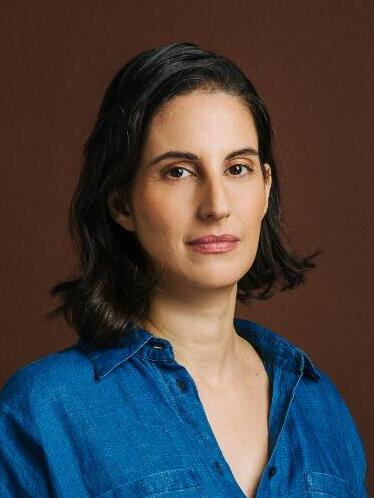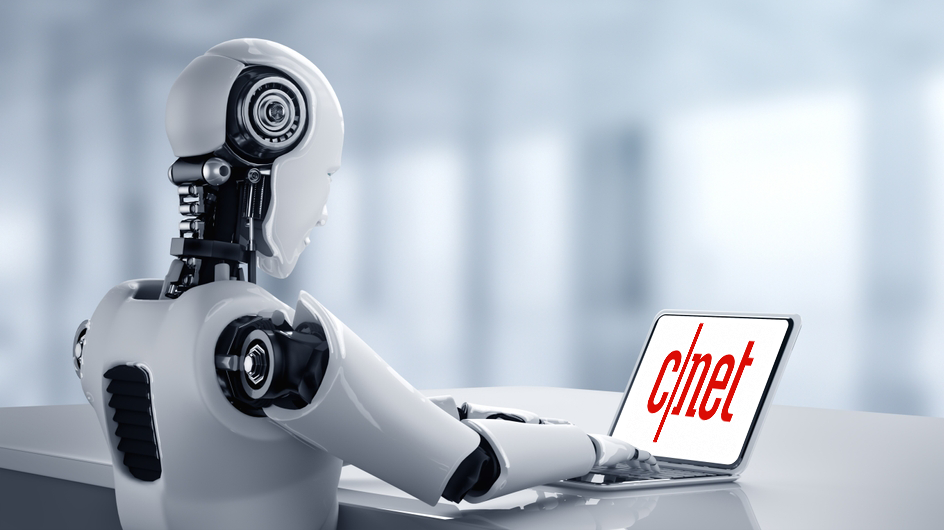Understanding the historical evolution of antisemitism
Antisemitism, the ancient hatred of Jews, has undergone many transformations throughout history. From violent outbreaks in the Middle Ages, the pogroms in Eastern Europe in the 19th and 20th centuries, to its terrible peak during the Holocaust in Nazi Germany, Jews have suffered oppression and discrimination worldwide. Unfortunately, even 79 years after the Holocaust, we are still witnessing a renewed strengthening of antisemitism from both extreme right-wing groups and the radical left, particularly following the massacre of over 1,000 Israeli civilians and soldiers by the Hamas terrorist organization in an unprecedented terror attack on October 7, 2023.
The resurgence of antisemitism in the modern era
Since the massacre, there has been a dramatic increase in antisemitic attacks worldwide that came as a shock to us Jews. According to a report by the World Zionist Organization and the Ministry of Diaspora Affairs, there was a 1,200% rise in antisemitic discourse on social media in the days following the massacre. Concurrently, data from the Anti-Defamation League (ADL) shows a 360% increase in antisemitic incidents three months after the massacre compared to the corresponding period last year. Also today, according to a new report from the Department for Combating Antisemitism and Enhancing Resilience at the World Zionist Organization, there was a six-fold increase in antisemitic incidents in April 2024 compared to April 2021. However, these figures only account for 30% of the actual incidents reported.
Antisemitism has not spared academic institutions. The situation on many U.S. campuses has become dangerous for Jews, with Columbia University becoming a symbol of the struggle. As a graduate of Northwestern University's Kellogg Executive MBA program, I was profoundly disheartened to learn from recent publications that the university has yielded to extreme pro-Palestinian demands, compromising the safety of Jewish students.
Professor Shai Davidai, an Israeli who lectures at Columbia University, found himself in the eye of the storm. He was barred from entering his own university– a situation he compared to the discriminatory policies against Jews in academic institutions in 1930s Germany. I met Professor Davidai while participating in a delegation to New York and found him to be a simple, authentic and charismatic man. I was deeply impressed by his commitment to amplifying the Israeli voice, despite the significant personal and professional sacrifices involved, along with his sharp criticism of U.S. universities in the shadow of pro-Palestinian protests and the harsh displays of antisemitism that have spread across campuses since the outbreak of the war in Gaza.
Recently, I participated in a delegation of senior Israeli changemakers, led by the Gesher Leadership Institute, the Ministry of Jewish Diaspora, and AM"I The National Alliance (Ministry of Diaspora Affairs). As a part of the program, we met with prominent Jewish community leaders, including Eric Goldstein, CEO of UJA-Federation of New York; Jonathan Greenblatt, CEO and national director at the Anti-Defamation League (ADL), Rabbi Moshe Hauer, CEO and executive vice president of the Orthodox Union, Alana Newhouse, Founder and Editor, Tablet Magazine, Joel Eisdorfer, senior advisor to the mayor of New York, Professor Shai Davidai, and others, to discuss the importance of the joint struggle against antisemitism.
Uniting against antisemitism: collaborative efforts and challenges
Israel must recognize the danger of the strengthening of antisemitism and act decisively, in close cooperation with the Jewish Diaspora. The fight against antisemitism is a common interest, allowing Israel a broader security margin and providing protection for Jews worldwide. We must harness the most cutting-edge technology, as it represents a crucial advantage in our struggle. Technology itself is neutral; it is us, the human beings, who determine how to use these powerful tools for our benefit. While our enemies may abuse it for their own propaganda, by employing technology wisely, we can unveil the truth and champion values of tolerance, justice and ‘Tikkun Olam.'
On the downside, our enemies never miss a chance to exploit the most cutting edge technology for their hate and antisemitic propaganda. This pattern is vividly illustrated by the propaganda strategies of the odious Joseph Goebbels during Nazi Germany and those of the terrorist organization Hamas today.
Goebbels, the Minister of Propaganda, exploited the innovative technologies of his time - radio and cinema - to build a massive propaganda machine that spread Nazi ideology and incited hatred against Jews in a focused and centralized manner. In contrast, Hamas effectively utilizes the potential inherent in social media and decentralized online platforms to disseminate its messages of hate and violence.
Bypassing censorship and bans on mainstream platforms, Hamas uses encrypted apps and viral methods, including deep fake and disinformation, to increase the exposure of its content to diverse audiences. While Goebbels' propaganda was centralized and orderly, the content of Hamas is more dispersed but no less dangerous.
Hamas effectively utilizes the potential inherent in social media and decentralized online platforms to disseminate its messages of hate and violence
In conclusion, while the tools and methods have evolved, the core objectives of media and technology use by both Goebbels and Hamas remain consistent: to spread their ideologies, garner support and demonize their foes. The primary difference is the technological landscape, which influences how these messages are crafted, disseminated, and received. Nonetheless, the ultimate outcome is unchanged—the degradation of public discourse, the incitement of hatred, and the continuation of violent conflicts.
An effective fight against antisemitism and extremism requires a united front and coordinated action between countries, organizations and citizens worldwide. Through sharing knowledge and experience, wisely using technology, and investing in values education, we can ensure that lessons from historical cases like Goebbels and Hamas are learned. This approach empowers us to effectively combat the deluge of hate, falsehoods and provocation, thereby advancing the principles of tolerance, democracy, and respect for human rights even amid the digital era with AI at its forefront.
Empowering change: Harnessing the potential of innovative technology
As someone who has led multiple projects harnessing the power of GenAI technology in areas such as preventing domestic violence, education, advocacy and Holocaust commemoration (today I'm working on a gender-based violence project regarding October 7) – projects that reached millions globally, penetrated and engaged new audiences, won international awards and were presented on prestigious stages like the UN and NATO – I am dedicated to mobilizing these tools in a sensitive and responsible manner in the fight against antisemitism.
Through partnerships with tech companies, content bodies and leading civic organizations, it is possible to create targeted content that reaches new audiences, especially young people, presenting the harsh truth in an empathetic and motivating manner. Having witnessed the power of the innovative technology up close, I see its potential to drive change and feel a deep commitment to advocate for its further use for social benefit.
For instance, the projects with the International March of the Living, D-ID, Code for Israel and The Awakener, carried out with great professionalism, caution and transparency, have demonstrated the immense potential of combining advanced technologies in the forefront of the Holocaust commemoration and the fight against antisemitism.
"Bringing back to life" iconic figures from the Holocaust era using innovative technology and developing an educational app has created an exceptional educational and emotional experience for teenagers. These projects have touched millions in Israel and around the world, reached many young people and leaders from different countries, and deepened their acquaintance and identification with the Holocaust and its lessons.
 Shiran Mlamdovsky SomechPhoto: May Savir
Shiran Mlamdovsky SomechPhoto: May SavirThese groundbreaking projects are just the tip of the iceberg of the potential inherent in combining advanced technologies in the fight against antisemitism.
Israel must establish its status as a democratic-liberal state and communicate the regional complexities. I view the fight against antisemitism as a top-tier security, national and international goal that requires collaboration and long-term, dedicated efforts against extreme voices that threaten the peace of the entire liberal public. This is a historic test for us, as the whole world is watching, evaluating and judging.
Shiran Mlamdovsky Somech is an entrepreneur specializing in the integration of Generative AI within the realms of social impact, along with cross-sector collaborations, in ethical and responsible way. Shiran has led various projects aimed at promoting and raising awareness of social issues such as domestic violence, education, democracy and Holocaust commemoration, in collaboration with Meta, Microsoft, March of the Living and others. Since October 7, she also has been advocating for the release of the hostages. Some of these projects have won international awards and have been presented at esteemed institutions like the UN, NATO and UN Women. Today, she is the founder of Generative AI for Good, and collaborates with tech companies, corporations, NGOs and international organizations. In the era where AI is reshaping society, Shiran is committed to harnessing the power of technology to effect positive social change. Shiran holds an EMBA from the Kellogg School of Management at Northwestern University.




